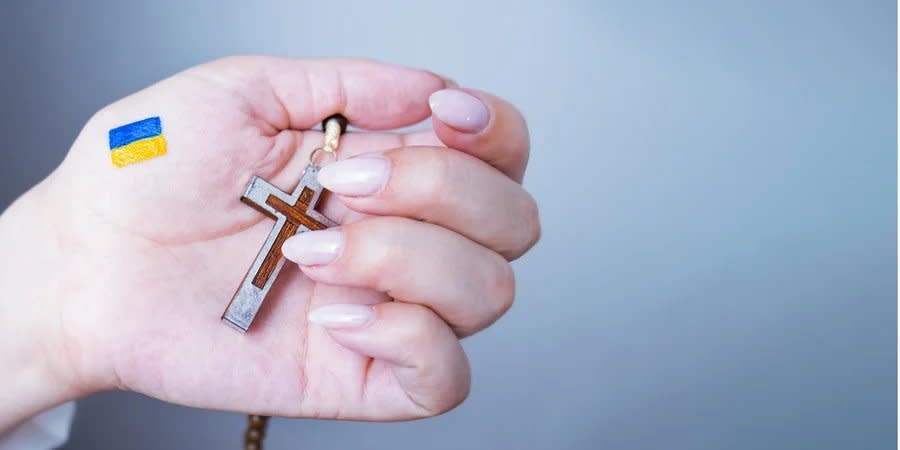Understanding the Eve of Epiphany: Do's and Don'ts for the holy celebration

Orthodox Christians will celebrate the Eve of Epiphany (or Twelfth Night) on Jan. 5, the day before Epiphany or Jordan Day, according to the new 2024 calendar of the Orthodox Church of Ukraine (OCU).
This special night is part of the Christmas holidays and precedes the significant event of the Baptism of the Lord in the Jordan River, celebrated on Jan. 6.
The Eve of Epiphany (aka Eve of Theophany) is a preparatory period for the main celebration. This evening opens fasting and the main dish for dinner is kutia — a Christmas dish of boiled wheat with honey and poppy seeds that is popular in Ukraine. This day is also known as ‘Hungry Kutia’, emphasizing the importance of this humble traditional dish.
Read also: Liberov photographers show Christmas as celebrated by Ukrainian defenders on Donetsk frontline
Second Holy Evening: Celebration Traditions
• The name ‘Hungry Kutia’ refers to the traditions observed by the faithful on the morning of Jan. 5 until the appearance of the first star. During this period, observers strictly abstain from food.
• Before dinner, the faithful pray and drink a glass of holy water. The table usually includes kutia, uzvar (dried fruit drink — ed.), fried fish, cabbage dumplings, and buckwheat pancakes in oil.
• In the past, there were numerous customs. For example, when opening the door, the host would try to appease the weather by inviting Frost to eat kutia, rye, wheat, and other crops.
• After the second holiday evening, children drove kutia out of the house, calling for spring to come. They hit the corners of the house with sticks and repeated special sayings.
Read also: Russia threatens airstrikes on Christmas Day as air raid is declared across Ukraine
• When night fell, the family took the didukh [Ukrainian Christmas decoration made from a sheaf of wheat] outside and burned it, calling for spring. The ashes were taken to the garden for fertility.
• Holy water was also used to ward off evil spirits, and the leftovers from the festive table were given to domestic animals. Kutia was given to the chickens so they would lay eggs well.
• On the morning of Epiphany, the faithful again went to church, and some jumped into icy water, a tradition that continues to this day.
Read also: Christmas in Ukraine, multiple Russian aircraft downed, deal to end border blockade
What not to do on Epiphany Eve
• It is forbidden to wash any items, as the water in the river is considered sacred on this day.
• It is forbidden to use offensive language towards family and close ones, as this can bring misfortune throughout the year.
• It is forbidden to invite the deceased to the table, as their presence at the meal is not welcomed on this day.
It is also important to not leave a spoon on the table when finished with dinner and to not stand up from the table earlier than other family members, as this can have serious consequences.
Read also: How to cook traditional Ukrainian Kutia dish for festive Christmas Eve dinner
Folk omens on Eve of Epiphany, on Jan. 5
• If a snowstorm and snowdrifts occur on this day, a good harvest can be expected.
• If the night of Epiphany is starry, expect a harvest of berries, peas, and bread.
• Strong southern winds on Jan. 5 indicate a possible stormy summer, while a blizzard on Epiphany predicts snowfall on Shrovetide.
• A full moon on this day promises a major flood of rivers in the spring.
We’re bringing the voice of Ukraine to the world. Support us with a one-time donation, or become a Patron!
Read the original article on The New Voice of Ukraine

